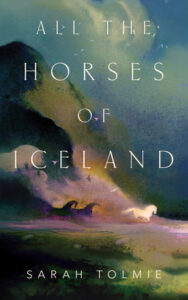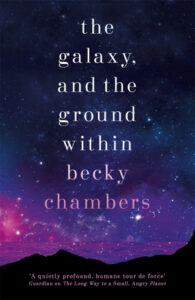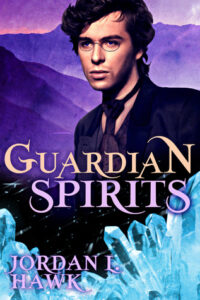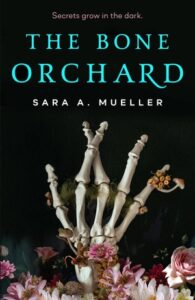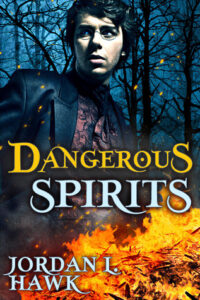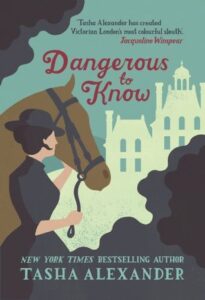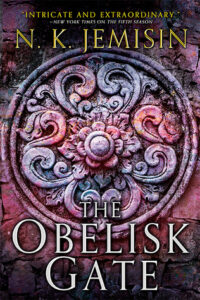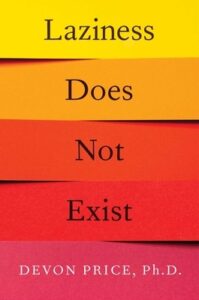 Laziness Does Not Exist, Devon Price
Laziness Does Not Exist, Devon Price
I found this an interesting read more because of what I had resistance to than because of what it said, almost. Much of it is well known to anyone who’s had a course of CBT (yes of course I should turn notifications off on my phone, and of course I don’t because I have unrealistic expectations of how much I should work)… but it’s quite provocative to come out and say it’s due to the “Laziness Lie”, and see every case of “laziness” as something non-lazy.
It’s an easy enough read, and brings together some good points, but it could seriously use fewer anecdotes and more research-based conclusions. It’s sometimes self-contradictory, saying that people are more productive when they take time to rest and then saying at the end that if you take time to rest, you’ll be less productive… which I think is mostly the author not quite connecting dots where they meant to point out that if you’re taking time to rest, you might just find some other priorities arise that you care about more than the work that made you exhausted in the first place.
There are some things it made me think about doing; of course, its conclusions are about the opposite of what I do every day working for an app that helps people commit to their goals, often involving productivity… But mostly I didn’t think it was wrong, just that there’s room for me to find a lot of satisfaction in my job and find some more time to rest. I think it bangs the drum a bit too hard about the joys of not working, and forgets that security is really key too.


